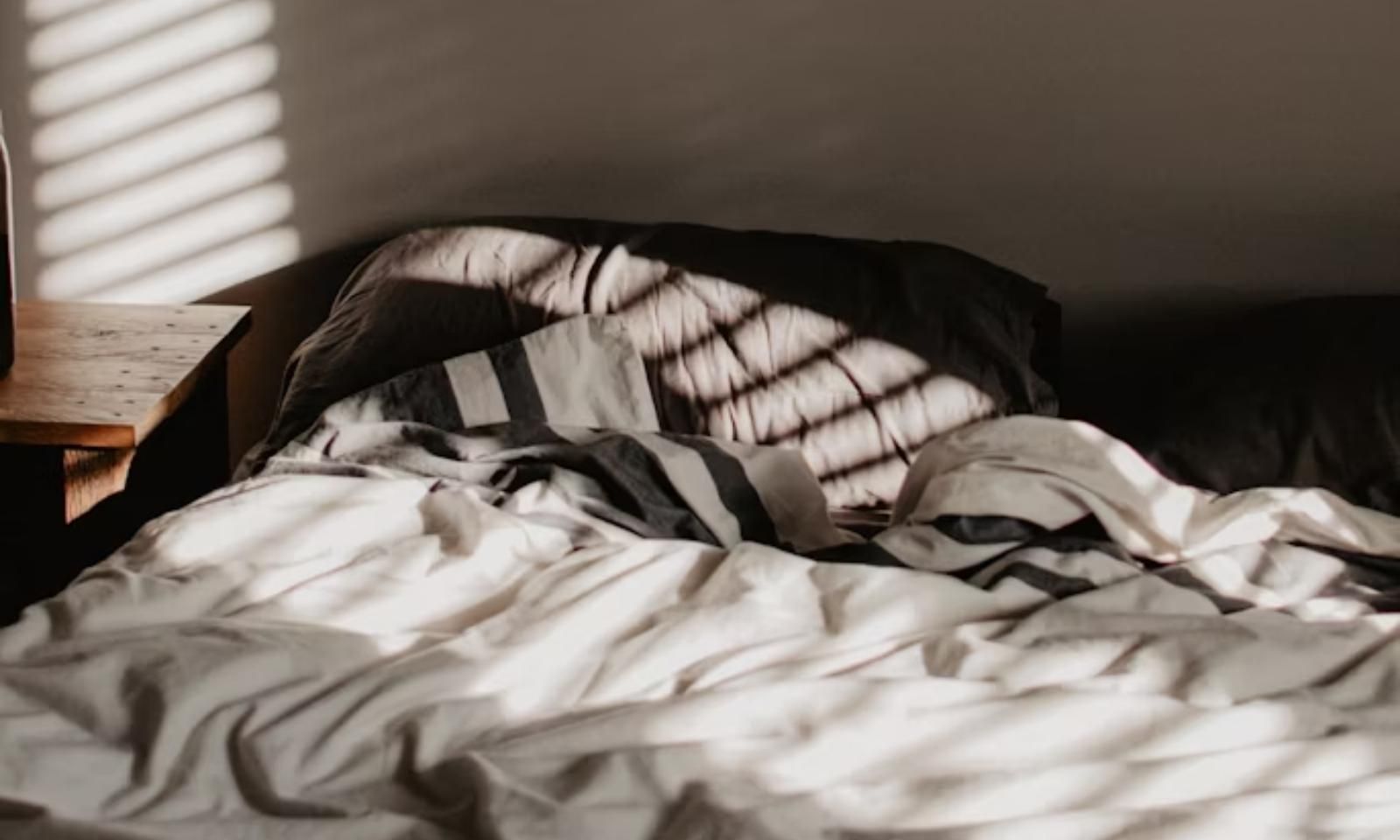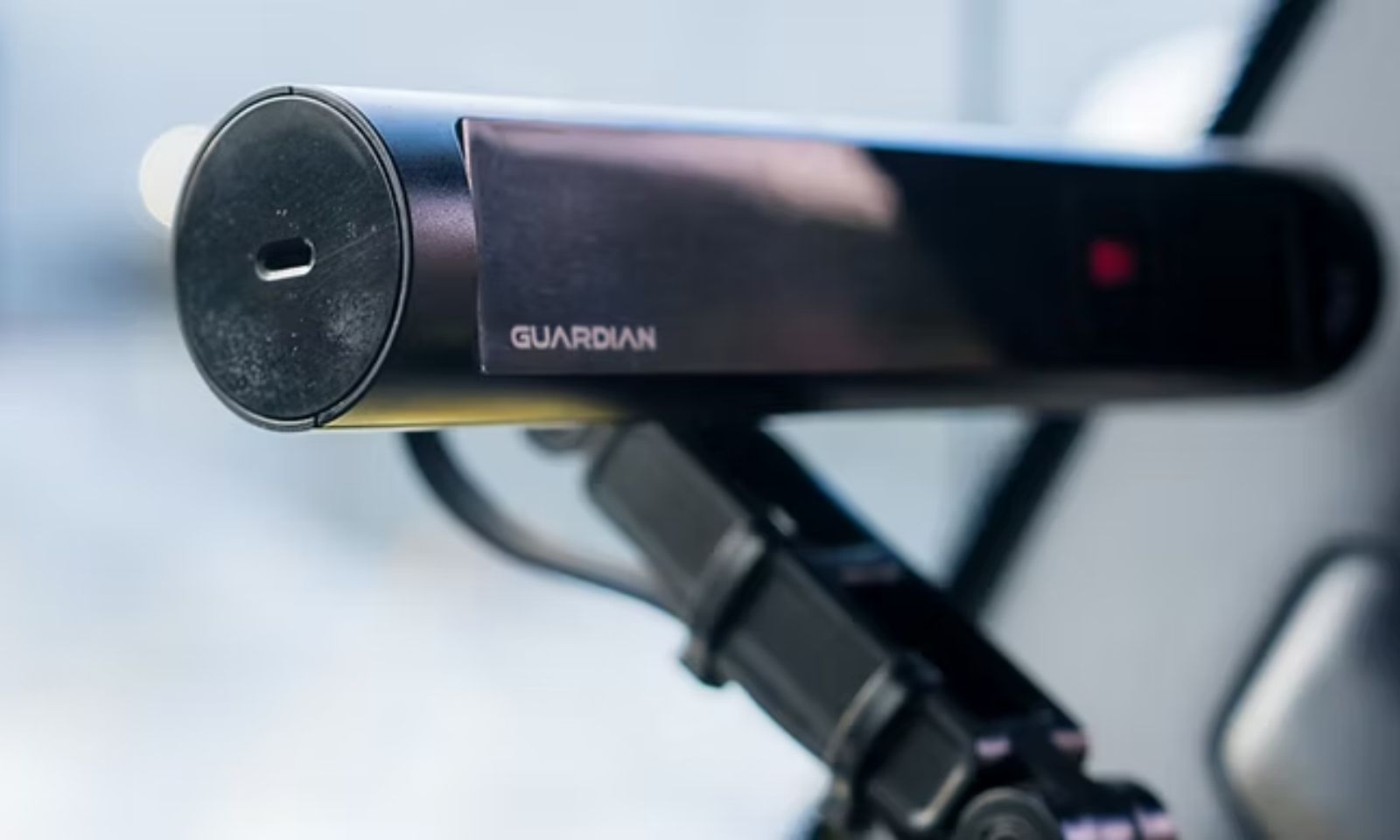

Apparently, daylight saving is this Sunday.
Photo/Unsplash/PMN News/Atutahi Potaka-Dewes
Is it aliens? Is it the Matrix? Nope, just daylight saving again
The clocks jump forward this Sunday. Great for BBQs, not so great for sleep, especially if you’re already running on fumes.



US govt shutdown sends shockwaves through the Pacific and opens door for change


Representation is key: Women taking the lead in sports storytelling


US govt shutdown sends shockwaves through the Pacific and opens door for change

Did anyone else know that daylight saving is happening this Sunday? Me neither.
Truthfully, I now know that daylight saving is coming because I was assigned to write about it. How I’d usually find out is on the day.
I’d be staring at my little sister with a dumbfounded look, asking her why the sun’s still hanging around at 7pm. And instead of her clearing up my confusion, she’d double down and reciprocate the same look. Is it aliens?
Are we in the Matrix? Fortunately it’s neither, it's simply yet another example of man’s ego trying to dictate something: time.
Okay, that’s quite cynical. There is a logical reason as to why we have daylight saving. It was introduced to make the most of New Zealand’s longer summer days.
Because the Earth is tilted about 23 degrees, we receive more sunlight in summer and less in winter, meaning the days are longer in warmer months and shorter in colder ones.
Setting the clocks forward by an hour moves daylight from the early morning, when most people are asleep into the evening, grants an extra hour of light for activities like summer barbecues.
But there are issues: while turning the clocks forward creates brighter evenings, it also disrupts natural sleep patterns.
Māori and Pacific adolescents in Aotearoa already face stark inequities in sleep health. A 2024 national study found Māori adolescents had 1.4 times higher odds of short sleep and 1.5 times higher odds of early wake times compared to European peers.
Meanwhile, Pacific adolescents had twice the odds of short sleep or early wake times and were about 1.6 times more likely to go to bed after midnight. Researchers linked these inequities to entrenched social factors.
More than half of Pacific adolescents lived in the most deprived neighbourhoods, and over a third experienced housing deprivation. Around one-third of Māori and Pacific adolescents reported having to sleep in inadequate spaces, such as garages or temporary housing.
This conditions increase the risk of shorter sleep and early wake times. So I imagine these one-hour shifts aren’t very helpful to an already broken sleep rhythm for Pacific and Māori.
A University of Auckland study analysing 12.6 million ACC claims between 2005 and 2016 found road crashes rose by 16 per cent on the Sunday of the shift, 12 per cent on the Monday, and six per cent across the week.

According to a 2024 national study, Pacific adolescents had twice the odds of short sleep or early wake times. Photo/Unsplash
Fleet safety company AutoSense is also warning that the start of daylight saving this Sunday carries hidden dangers for drivers. The organisation works with more than 800 transport operators, including NZ Post, Mainfreight and Fonterra, and has installed Guardian monitoring cameras in 5,969 vehicles across 864 fleets nationwide.
In the year to 31 July 2025, the technology recorded 19,390 fatigue events and 52,553 distraction events on New Zealand’s roads, with AutoSense fatigue specialist Katrina Aubrey saying the springtime clock change increases strain on the body and poses particular risks for professional drivers.
International research highlights the broader health toll of shifting clocks forward. In the United States, Hospitals in Michigan reported a 24 per cent spike in heart attacks on the Monday following the spring switch, according to Michigan Medicine.
Meanwhile, a 2024 review of 12 studies confirmed a four per cent increase in risk across the two weeks after the transition.

AutoSense’s Guardian monitoring camera. Photo/AutoSense
A separate UNC Health study reported road crashes rose by about six per cent during the same period, and the London School of Economics has estimated that ending daylight saving altogether could deliver wellbeing gains worth around NZ$1,400 per person annually.
Ultimately, my earlier description of these hour shifts as “man’s ego trying to dictate… time” doesn’t sound as dramatic as it first did, right? Nah it still is. And honestly I’m still on the fence about abolishing these time shifts or not but what I will say is, the more aware we are the better off we’ll be.
Daylight saving in New Zealand begins at 2am on Sunday 28 September, when clocks move forward one hour. It then runs through summer before ending at 3am on Sunday 5 April 2026, when clocks go back an hour.